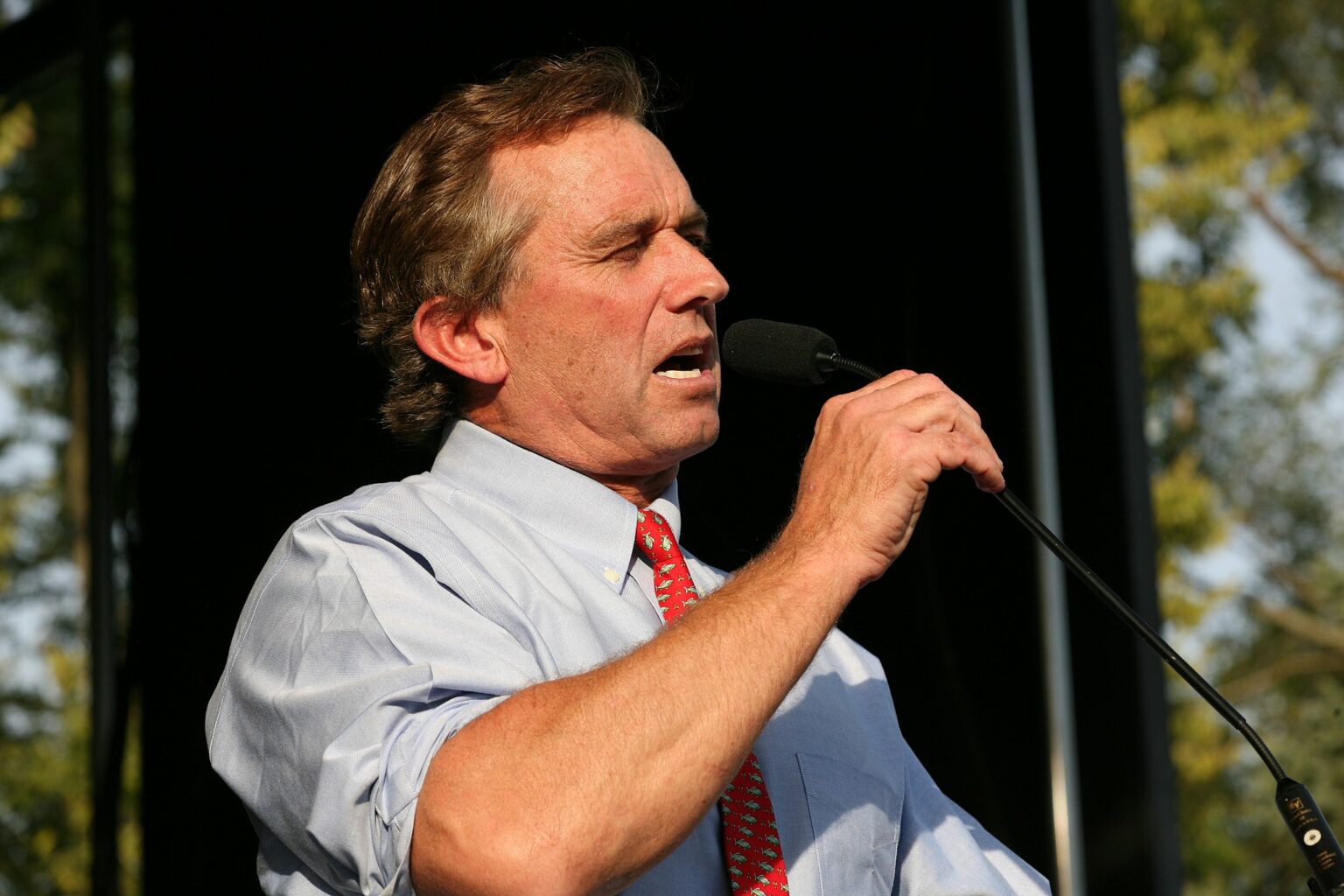He is a Kennedy, but can he be a president?
Robert F. Kennedy Jr., an environmental lawyer, author, and activist, has announced his candidacy for the 2024 Democratic presidential race, bringing his unique background and perspective to the political arena. As the son of the late Senator Robert F. Kennedy and nephew of President John F. Kennedy, he carries a legacy of public service and a commitment to social and environmental justice.
Born on January 17, 1954, Kennedy grew up immersed in a family dedicated to public service and political activism. He graduated from Harvard University and earned his Juris Doctor degree from the University of Virginia School of Law. Kennedy’s career has been defined by his passionate advocacy for environmental protection, particularly in the realm of water and air pollution, climate change, and public health.
Kennedy’s commitment to environmental causes has been evident through his work as an attorney, author, and founder of various organizations dedicated to protecting natural resources and promoting sustainable practices. He served as chief prosecuting attorney for the Hudson Riverkeeper organization, fighting against pollution and defending the rights of communities affected by environmental degradation.
In addition to his legal pursuits, Kennedy has written extensively on environmental issues. His book “Crimes Against Nature” explores the impact of corporate interests on the environment, and he has been a prominent voice in raising awareness about the dangers of industrial pollution and the need for stronger regulations.
One of the key focal points of Kennedy’s presidential campaign is addressing the urgent challenge of climate change. He advocates for transitioning to clean energy sources, investing in renewable technologies, and implementing policies that reduce greenhouse gas emissions. Kennedy recognizes the global nature of the climate crisis and supports international cooperation to tackle this pressing issue.
Kennedy’s campaign also places a strong emphasis on environmental justice, recognizing that marginalized communities often bear the brunt of environmental pollution and climate change impacts. He believes in the need to address these inequalities by ensuring that environmental policies prioritize the well-being of vulnerable populations and promote equitable access to clean air, water, and a healthy environment for all.
Moreover, Kennedy seeks to address other critical issues facing the nation, such as healthcare, income inequality, and social justice. He supports expanding access to affordable healthcare, advocating for a fair and just economic system, and championing civil rights for all Americans. His vision for a more equitable society aligns with the progressive values of the Democratic Party.
As a candidate, Kennedy faces the challenge of standing out in a crowded field of Democratic contenders. While his family name carries political weight, he will need to effectively communicate his policy proposals and connect with voters on a personal level to build broad support for his candidacy.
Kennedy’s environmental expertise and long-standing commitment to public service give him a unique perspective on the intersection of environmental issues, social justice, and public health. His candidacy serves as a reminder of the importance of addressing environmental concerns as part of a comprehensive agenda for a better future.
In the coming months, Robert F. Kennedy Jr. will continue to share his vision for a sustainable and just society, engaging with voters, and participating in debates and primary events. Whether or not he secures the Democratic nomination, his campaign provides a platform to amplify critical environmental and social justice issues and foster meaningful discussions within the party and the broader electorate.
